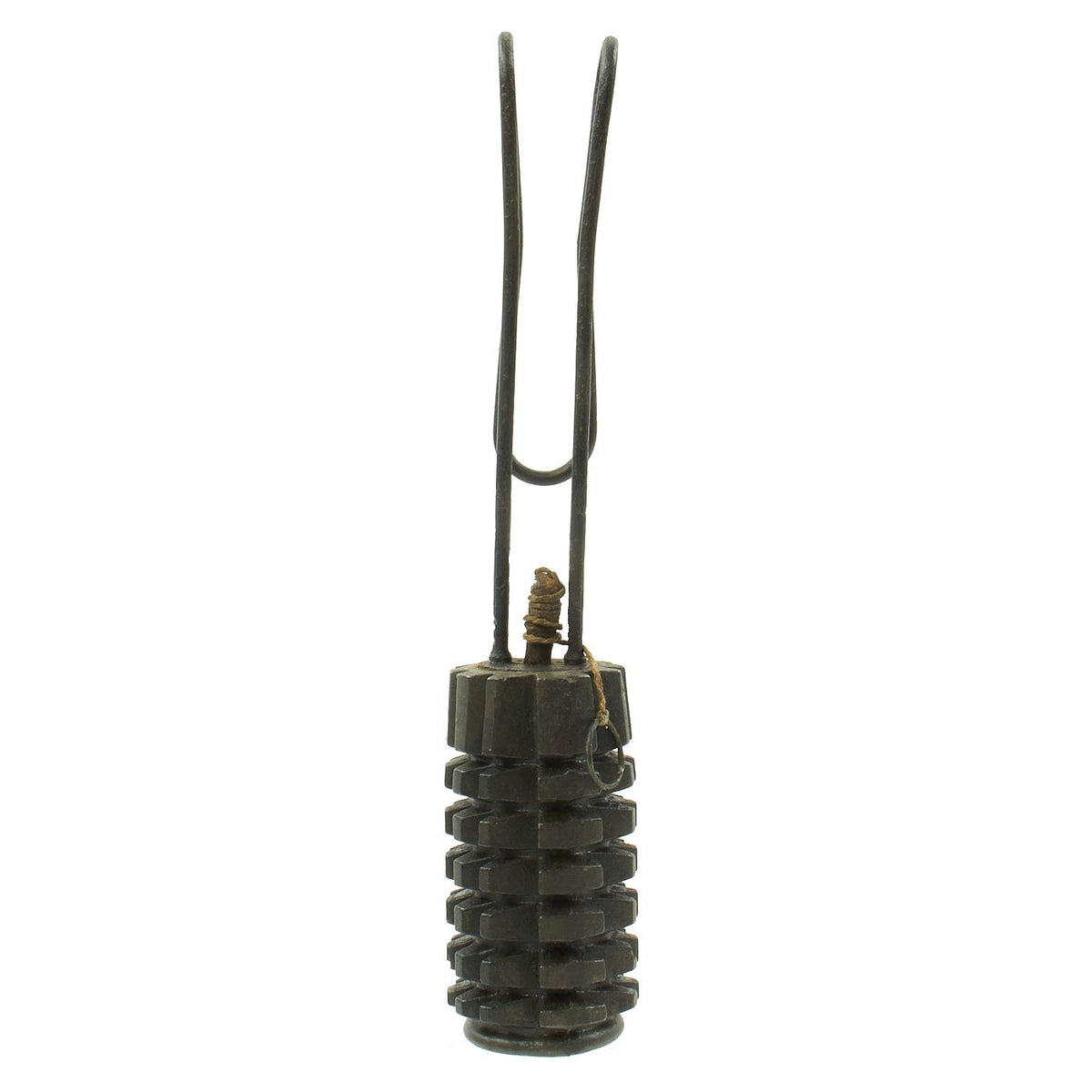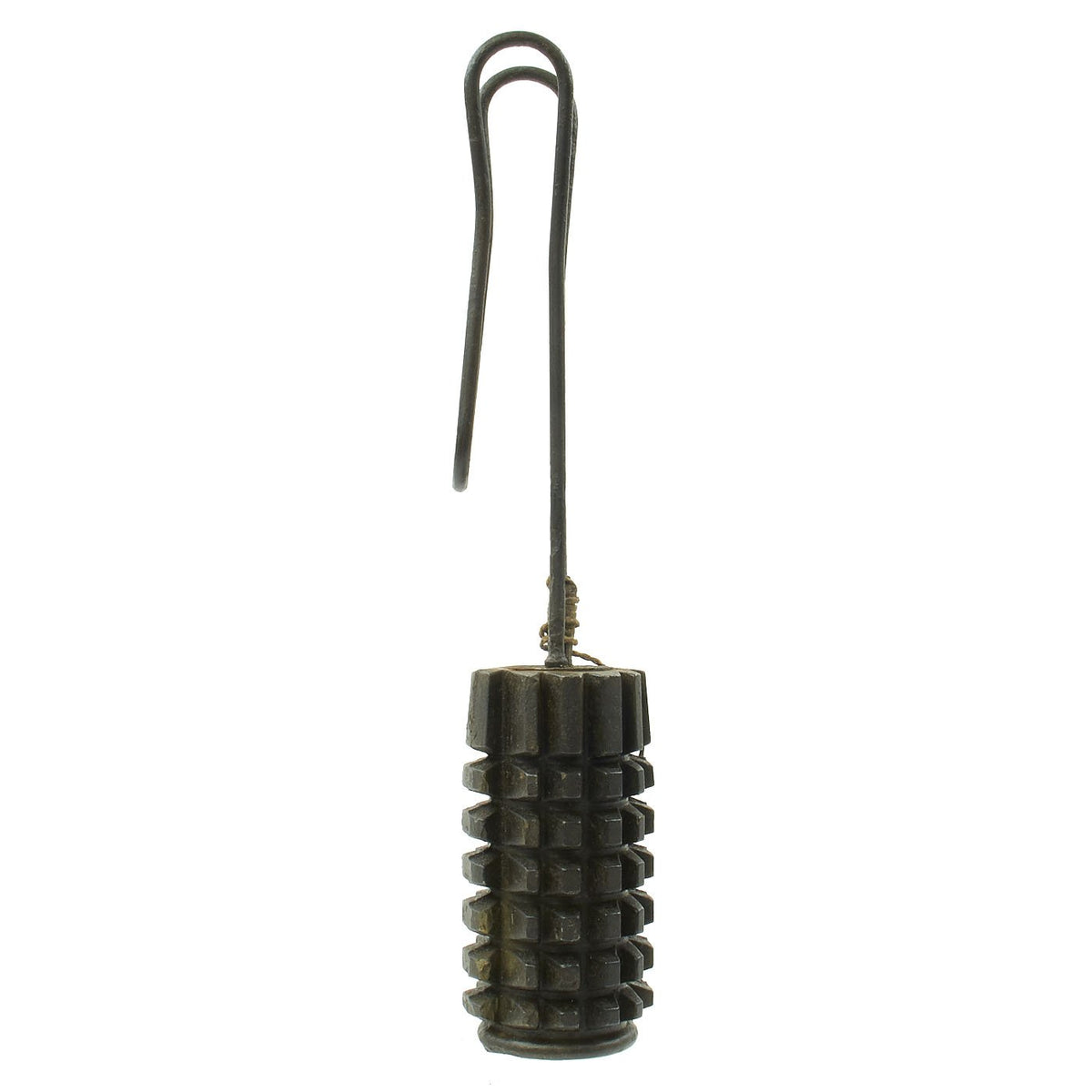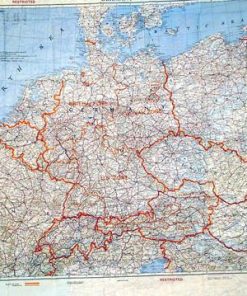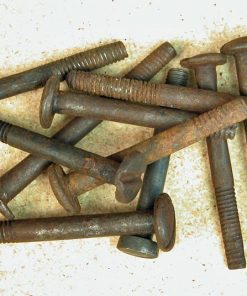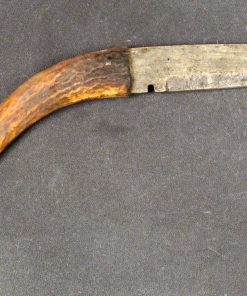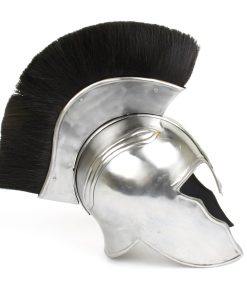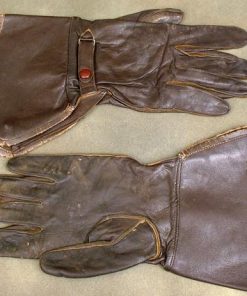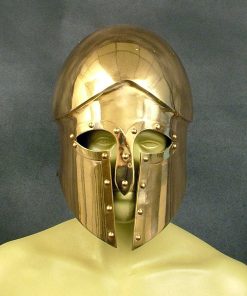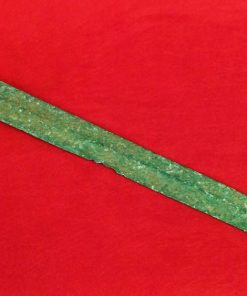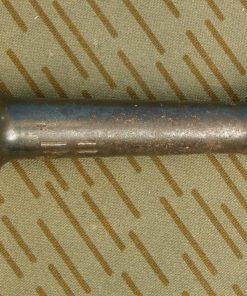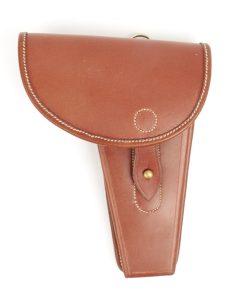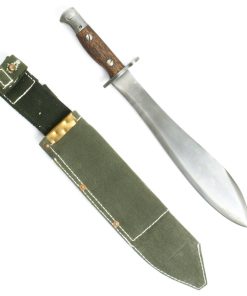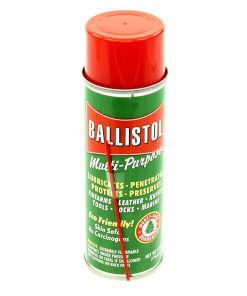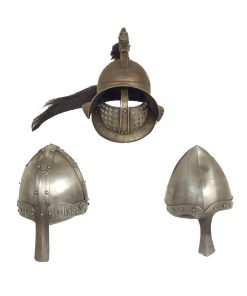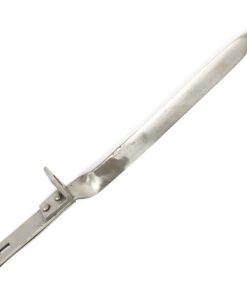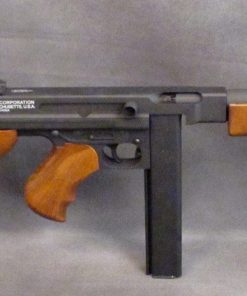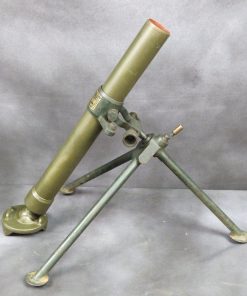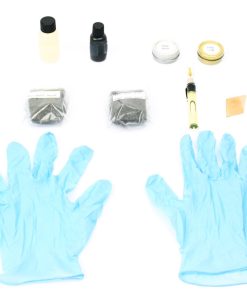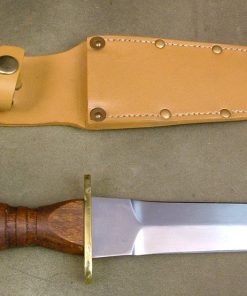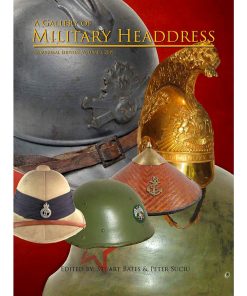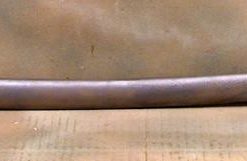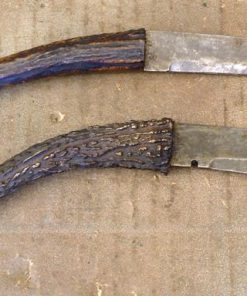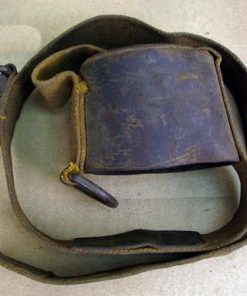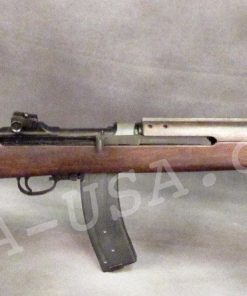Original Austro-Hungarian WWI 1st Model M15 Zeitzünder Handgranate “Corn” Hand Grenade – Inert Original Items
$ 425,00 $ 127,50
Original Item: Only One Available. This is a very nice totally inert BATF complaint example Austro-Hungarian 1st Model M15 Zeitzünder (“time fuze”) hand grenade, known as Handgranate, used during WWI. It is totally inert, cannot be converted to an explosive devise. These are very similar to the Gewehrgranate (Rifle Grenade), with the main difference being delivery system. The serrated fragmentation type is the first variant, the smooth bodied grenade is the second variant, the Model 16.
This example has the usual wire handle / belt hanger, which screws into the bottom of the grenade body. In the center of the mounting plate, there is a friction pull fuze, which still has the pull string.
The exterior is very good, with little rust, and a lot of the original clear finish present. The original fuze is great, and the bottom handle unscrews to show the interior.
A very nice example of an interesting variant, ready to add to your collection!
The first variant of this grenade is heavily segmented, both inside and out, one of the most dramatic grenades in this regard. A comparison of the Zeitzünder rifle rod grenade can be made with its hand grenade counterpart, the Rohrhandgranate. The body style is identical, threaded at both ends, allowing different fore and aft pieces to be substituted so the center casting could be configured to be either a rifle or hand grenade.
The hand grenade example is staked across the plug of the wire handle. But this also could have been a configuration made in the field, depending on need. (A useful feature). All things considered, this seems to be a pretty versatile design that was easy to manufacture. One significant drawback however is its extreme weight and cumbersome size.
Apparently the nick-name “Guguruz” was applied to this grenade. There is no translation for this Austrian word. A Guguruz is a type of corn, the shape it somewhat resembles, so they named it that. Much like the American word “pineapple” applied to fragmentation grenades. Curious that hand munitions have had food related nick-names applied to them by solders around the world, (i.e. pineapple, lemon, potato masher, pear, egg … to name a few).
Fast Shipping with Professional Packaging
Thanks to our longstanding association with UPS FedEx DHL, and other major international carriers, we are able to provide a range of shipping options. Our warehouse staff is expertly trained and will wrap your products according to our exact and precise specifications. Prior to shipping, your goods will be thoroughly examined and securely secured. We ship to thousands clients each day across multiple countries. This shows how we're dedicated to be the largest retailer on the internet. Warehouses and distribution centres can be located throughout Europe as well as the USA.
Note: Orders with more than one item will be assigned a processing date depending on the item.
Before shipping before shipping, we'll conduct a thorough inspection of the items you have ordered. Today, the majority of orders will be delivered within 48 hours. The delivery time will be between 3-7 days.
Returns
The stock is dynamic and we cannot completely manage it because multiple stakeholders are involved, including our factory and warehouse. So the actual stock may alter at any time. It's possible that you may not receive your order once the order has been made.
Our policy is valid for a period of 30 days. If you don't receive the product within 30 days, we are not able to issue a refund or an exchange.
You can only return an item if it is unused and in the same state as the day you received it. You must have the item in its original packaging.
Related products
Uncategorized
Uncategorized
Uncategorized
Uncategorized
Uncategorized
Uncategorized
Uncategorized
Armoured Fighting Vehicles of the World: AFVs of World War One (Hardcover Book) New Made Items
Uncategorized
Australian WWII Owen MK1 Machine Carbine SMG Custom Fabricated Replica with Sling Original Items
Uncategorized
Uncategorized
Uncategorized
Uncategorized
Uncategorized
Uncategorized
Uncategorized
Uncategorized
Uncategorized




